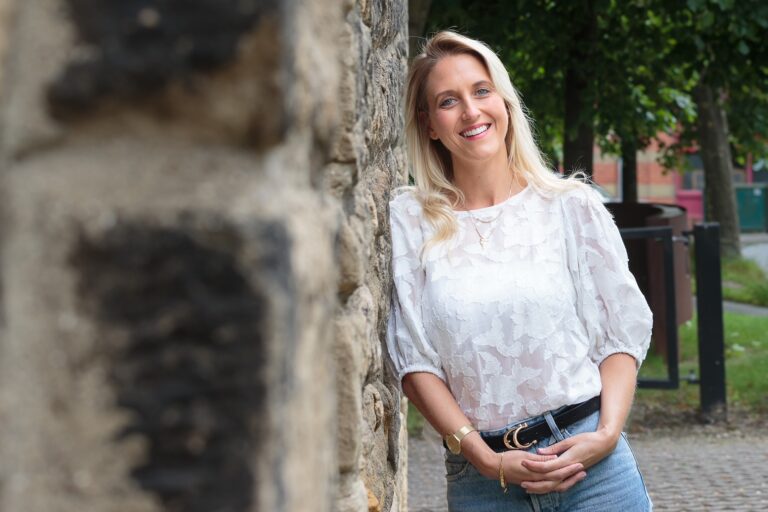Professionals in marketing and media have the responsibility of helping create an unbiased landscape in the public realm, to stop narratives having a lasting and serious impact on those in the public eye, says Lisa Eaton, MD of Unwritten Group.
With the rise of celebrity culture and increased visibility of personalities, there’s a growing obsession with people as living brands. It’s become standard practice for much of the media to use its influence to dehumanise for profit.
This exposes people in the public sphere to endless discussion and abuse. We make assumptions and project our judgements onto them in online spaces where comments can be seen by the individuals and the wider public.
We’ve seen what happens when narratives cause serious and often irreversible damage. The similarities between Meghan Markle and Princess Diana haunt many; the death of Caroline Flack resonated with millions; and the abuse suffered by Britney Spears shocked women around the world.
Some say once people achieve fame, they’re accepting a new position as a living brand, but it’s becoming more common to forget that they are just people too. When we tolerate abuse towards celebrities, we pave the way for it to be acceptable in everyday life.
This leaves an urgent question to be answered: What could be done to stop the public from playing into the hands of a biased press?
Change starts at the top
A grassroots attempt to change the treatment of personalities was the #BeKind movement following Caroline Flack’s death. It mobilised public sympathy but sadly, this sentiment died down all too quickly.
As professionals in marketing and the media, we’re in an ideal position to spark a change in the way outlets tell stories and the way consumers react to them. Through PR, influencer marketing and social media management, we play a huge part in shaping public perceptions of people as brands, so this work really does begin with us.
By creating an unbiased landscape, we can make print, online and social media legitimate places to learn and communicate. Using our platforms and expertise, we can begin to lead the way in calling out false news stories and encouraging the public to access all the facts.
Building safer platforms
We’re living in a society where free speech is interpreted in a variety of ways. While everyone is entitled to their own opinion, we must enforce that hate and prejudice are not a component of free speech.
By condemning abuse, some will feel that free speech is being taken away. However, we have a collective responsibility to protect each other – strangers and loved ones alike – from being berated online and in public. Social media platforms’ algorithms for monitoring abuse are not making enough of a dent in what is posted online.
Abusive comments about race, body image and orientation are damaging to celebrities and the public alike. By protecting public figures from abuse, we can also protect the people around us from being exposed to the same treatment.
Making it standard practice for social media and community managers to condemn hate speech would gradually make the social profiles of news outlets a safer place for people to interact and read content.
In the same way managers are equipped with template messages for customer service, calm and direct statements that condemn discriminatory or violent comments would go a long way in setting a new standard for online conversations.
Encouraging informed conversations
Misinformation in media is enabling people to read and share content that seems true, but isn’t. If we dedicate time to having honest conversations with audiences, we can break down belief in media speculation and stop bias skewing our perceptions of reality.
We need to teach people to use the tools at their disposal to educate themselves. Validating news articles with external sources will help stop the spread of misinformation, and using social media to call out falsehoods helps reach a wider group with the truth.
Marking opinion pieces in the same way as paid adverts would give consumers a better chance of understanding what is real news. Once we’re all in good habits of informing ourselves, we can steer daily conversations to be kinder, fairer, and rooted in facts.
Supporting unbiased outlets
It’s a David and Goliath-type endeavour, but if we avoid supporting outlets that perpetuate falsehoods, we can focus on collaborating with unbiased outlets.
We should be questioning if we want our brands appearing on pages of newspapers alongside body-shaming articles and defamatory opinions. And we should be speaking to our media connections to confirm that information is being used in a truthful way that will stop the rumour mill running.
The media should exist to inform and unite, not influence and divide. It’ll take a huge global effort from corporations and individuals to reach a stage where we can trust the majority of what we see in the media.
But it’s not an impossible task, and it’s one that is undoubtedly worth our efforts.











